Introduction to Fashion week
In the dynamic realm of fashion, a few key events stand out as the pinnacle of style, innovation, and luxury. These are the top fashion weeks in the world, where the industry’s most influential designers, models, and fashion houses come together to set the trends for the coming seasons. Each event is a spectacle of creativity and craftsmanship, attracting a global audience of buyers, media, and celebrities. This article delves into the most prominent fashion weeks, highlighting their significance, locations, and the iconic figures associated with them.
Every year, the world’s most iconic cities transform into style capitals as Fashion Week takes center stage. From New York and London to Milan and Paris, Fashion Week is more than just a glamorous affair—it’s a global showcase of creativity, innovation, and cultural commentary. Designers unveil their latest collections, models set trends in motion, and industry insiders gather to witness what will shape the coming seasons in fashion. In this blog, we delve into the dazzling world of Fashion Week—its history, significance, and the evolving trends that define the runways today.
How do Fashion Week Works
Fashion weeks are meticulously organized events where designers unveil their latest collections to a select audience of buyers, media, and fashion enthusiasts. These events typically span several days and are structured around runway shows, where models showcase new designs in front of industry insiders. The preparation for these events is extensive, involving designer selection, venue booking, model casting, and careful scheduling to ensure that the shows run smoothly. The audience, which often includes buyers from major retail stores, fashion editors, influencers, and celebrities, plays a crucial role in determining which trends will dominate the upcoming seasons.
During fashion weeks, designers present their collections through runway shows or static presentations. These events are covered extensively by the media, with real-time broadcasting allowing global audiences to witness the latest trends as they unfold. In addition to runway shows, fashion weeks often feature trade shows and networking events, where industry professionals can connect and discuss potential collaborations. After the events, buyers place orders, media outlets publish reviews, and the showcased trends begin to influence consumer demand as they filter down into mainstream fashion.
The impact of fashion weeks extends far beyond the industry, with trends set during these events shaping the global fashion landscape for the coming seasons. Held twice a year in major cities, fashion weeks dictate the styles and trends that will be popular in the following months. With the rise of digital platforms, fashion weeks have become even more accessible, with live streaming and social media playing significant roles in amplifying the reach and influence of these events. Now let us look at some of the most prestigious fashion weeks in the world.
1. New York Fashion Week (NYFW)
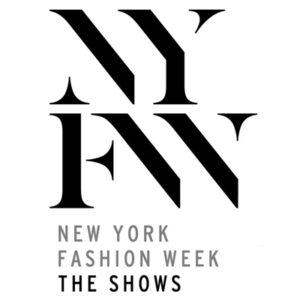
Time of Year:
February (Fall/Winter)
September (Spring/Summer)
Place:
New York City, USA
Organizing Agency:
Council of Fashion Designers of America (CFDA) / IMG
Website:
https://nyfw.com
https://cfda.com
Important Names:
Marc Jacobs, Michael Kors, Tom Ford, Carolina Herrera, Tory Burch
New York Fashion Week, established in 1943, marks the beginning of the global fashion calendar. It is renowned for its diverse and innovative presentations, often blending traditional runway shows with avant-garde digital formats. The event takes place in iconic venues across New York City, from the sleek studios of Manhattan to the vibrant streets of Brooklyn. NYFW is not just a platform for established designers but also a launching pad for emerging talents, reflecting the city’s ethos of inclusivity and innovation.
How to apply: Designers must apply through the Council of Fashion Designers of America (CFDA) or directly with the production companies that organize specific shows during NYFW. A solid portfolio, previous press coverage, and a history of retail sales or stockists are typically required. Emerging designers might apply to special platforms like “The Fashion Calendar” or “CFDA’s Fashion Incubator.”
2. London Fashion Week (LFW)
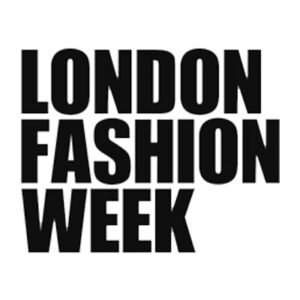
Time of Year:
February (Fall/Winter)
September (Spring/Summer)
Place:
London, United Kingdom
Organizing Agency:
British Fashion Council (BFC)
Website:
https://londonfashionweek.co.uk
Important Names:
Burberry, Simone Rocha, Erdem, Richard Quinn, JW Anderson
London Fashion Week is celebrated for its bold and avant-garde approach to fashion. Since its inception in 1984, LFW has been a hub for cutting-edge design and creative freedom. Held at various historic and modern venues across London, the event showcases the eclectic and dynamic spirit of British fashion. LFW is also a champion of sustainability, often featuring eco-friendly collections and initiatives. The event attracts a global audience eager to witness the blend of tradition and modernity that defines London fashion.
How to apply: Managed by the British Fashion Council (BFC), applications are submitted through their official website. BFC also runs platforms like “NewGen” for emerging designers. Designers must provide a detailed portfolio, including lookbooks, brand biography, business plan, and evidence of press and stockist support. Sustainability credentials are also increasingly valued.
3. Milan Fashion Week (MFW)
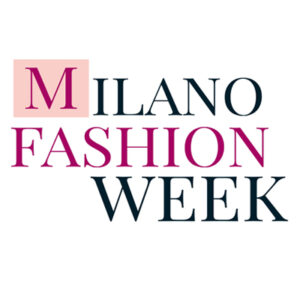
Time of Year:
February/March (Fall/Winter)
September/October (Spring/Summer)
Place:
Milan, Italy
Organizing Agency:
Camera Nazionale della Moda Italiana (CNMI)
Website:
https://cameramoda.it
Important Names:
Gucci, Prada, Versace, Fendi, Dolce & Gabbana, Giorgio Armani
Milan Fashion Week is synonymous with luxury and sophistication. Established in 1958, it is a cornerstone of the global fashion circuit, known for its opulent designs and meticulous craftsmanship. The event is held in various prestigious locations throughout Milan, including historic palazzos and modern exhibition spaces. MFW is a showcase of Italy’s finest designers and artisans, attracting a discerning international audience. The event is particularly noted for its emphasis on high fashion and elegance, reflecting the rich cultural heritage of Milan.
How to apply: Applications are processed through the Camera Nazionale della Moda Italiana (CNMI). Interested designers should contact CNMI directly through their official website. A strong portfolio established brand identity, and connections within the Italian fashion industry are important. The CNMI often selects designers who align with Milan’s reputation for luxury and craftsmanship.
4. Paris Fashion Week (PFW)
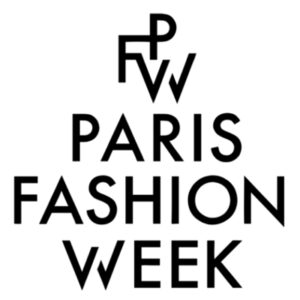
Time of Year:
March (Fall/Winter)
September/October (Spring/Summer)
July & January (Haute Couture Week)
Place:
Paris, France
Organizing Agency:
Fédération de la Haute Couture et de la Mode (FHCM)
Website:
https://fhcm.paris
Important Names:
Chanel, Dior, Louis Vuitton, Balmain, Givenchy, Saint Laurent
Paris Fashion Week is the grand finale of the fashion month, epitomizing the pinnacle of haute couture and luxury. Since its establishment in 1973, PFW has been held in the most iconic locations in Paris, from the Grand Palais to the Louvre. The event is a celebration of artistic excellence, featuring the world’s most prestigious fashion houses and designers. PFW is renowned for its breathtaking runway shows, elaborate sets, and groundbreaking collections, cementing Paris as the fashion capital of the world.
How to apply: Designers must apply through the Fédération de la Haute Couture et de la Mode. Applications are typically by invitation, but designers can submit a portfolio for consideration. Paris has the highest standards, requiring a strong international presence, press coverage, and established retail distribution. Haute couture applicants must meet specific criteria set by the Federation.
5. Tokyo Fashion Week
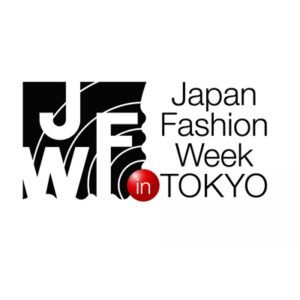
Time of Year:
March (Fall/Winter)
September (Spring/Summer)
Place:
Tokyo, Japan
Organizing Agency:
Japan Fashion Week Organization (JFW Organization)
Supported by Ministry of Economy, Trade and Industry (METI)
Website:
https://rakutenfashionweektokyo.com
Important Names:
Issey Miyake, Yohji Yamamoto, Comme des Garçons, Anrealage, Facetasm
Tokyo Fashion Week is a vibrant and eclectic showcase of Japanese fashion. Launched in 2005, the event takes place in the heart of Tokyo, featuring a mix of traditional and contemporary venues. TFW is known for its unique fusion of avant-garde and street fashion, reflecting the diverse and innovative spirit of Tokyo. The event highlights both established designers and emerging talents, emphasizing the creativity and craftsmanship that define Japanese fashion.
How to apply: Applications are managed by the Japan Fashion Week Organization (JFWO). Designers can apply directly through their official website, where guidelines and deadlines are provided. Tokyo Fashion Week values innovation and a mix of traditional and contemporary designs. A portfolio showcasing your unique style, press clippings, and sales history are typically required.
6. India Fashion Week (IFW)
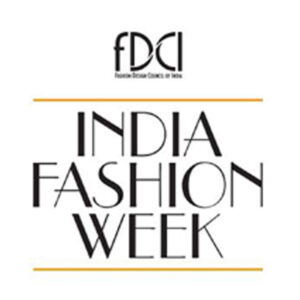
FDCI x Lakmé Fashion Week
Important Names:
Manish Malhotra, Anita Dongre, Tarun Tahiliani, Gaurav Gupta, Payal Singhal
Time of Year:
March (Spring/Summer or Summer/Resort)
October (Festive/Winter)
Place:
Alternates between Mumbai & New Delhi
Organizing Agency:
Fashion Design Council of India (FDCI) in collaboration with Lakmé & Reliance Brands
Website:
https://lakmefashionweek.co.in
https://fdci.org
India Fashion Week, established in 2000, is a vibrant celebration of the country’s rich textile heritage and contemporary fashion scene. Held biannually in New Delhi and Mumbai, the event showcases a blend of traditional craftsmanship and modern design. IFW is a platform for India’s leading designers to present their collections to a global audience, highlighting the diversity and opulence of Indian fashion. The event is known for its elaborate runway shows, often featuring intricate embroidery, handwoven fabrics, and a fusion of Eastern and Western aesthetics.
How to apply: Designers must apply through the Fashion Design Council of India (FDCI) by applying form available on their official website. The application process typically opens several months before the event, which is held biannually in March and October. Applicants are required to submit a detailed portfolio that includes lookbooks, a brand biography, press coverage, and a list of retail stockists. Emerging designers may also need to provide a business plan or evidence of previous participation in fashion events. FDCI often looks for a strong brand identity, innovative design, and the ability to produce a cohesive collection that reflects current fashion trends.
Conclusion
The world’s top fashion weeks are more than just a series of runway shows; they are cultural phenomena that influence global fashion trends and industry standards. From the bustling streets of New York to the historic elegance of Paris, each fashion week offers a unique glimpse into the world of high fashion. These events are a testament to the creativity, innovation, and artistry that drive the fashion industry, making them essential fixtures on the global cultural calendar. Whether you are a fashion enthusiast, industry professional, or curious observer, the allure of these fashion weeks is undeniable, showcasing the ever-evolving landscape of style and design.
We’d love to hear your thoughts—what are your favorite moments or trends from Fashion Week? Share your views in the comments and don’t forget to post your review of this blog online to keep the fashion conversation going!


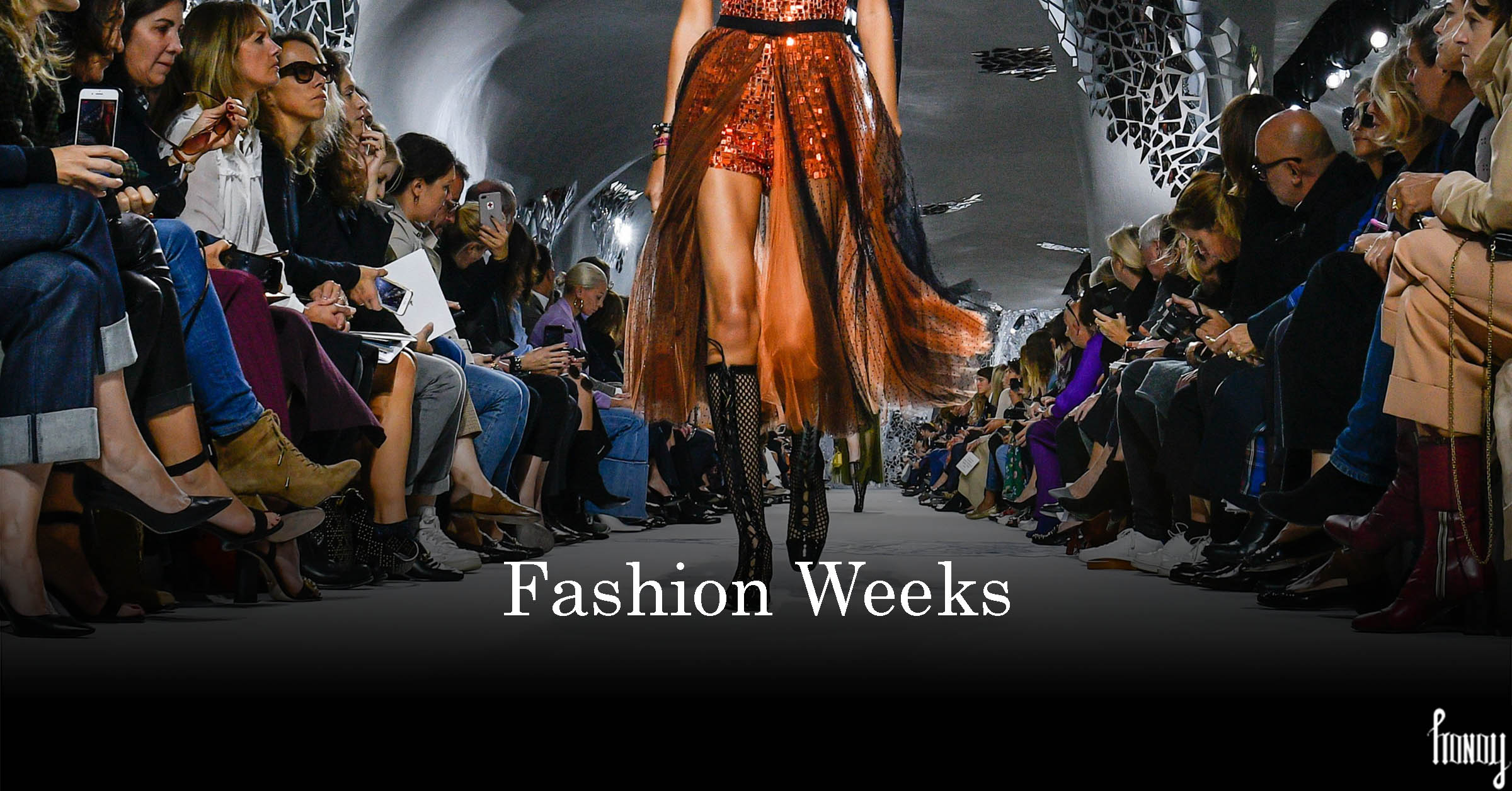








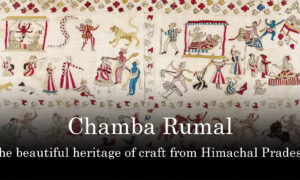







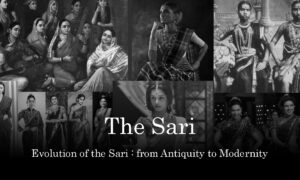









Pingback: 1 Roberto Cavalli : Best Italian Fashion Designer
Pingback: 1 Valentino Garavani : Best Italian Fashion Designer Series
Pingback: 3 Tarun Tahiliani : Best Indian Fashion Designer Series
Pingback: 4 Neeta Lulla : Best Indian Fashion Designer Series